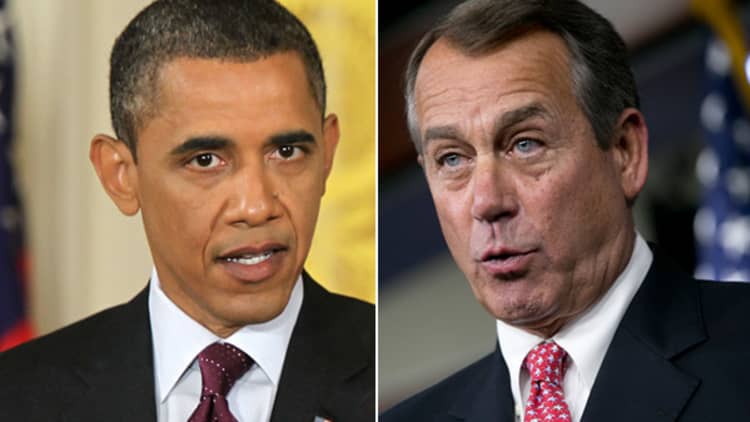
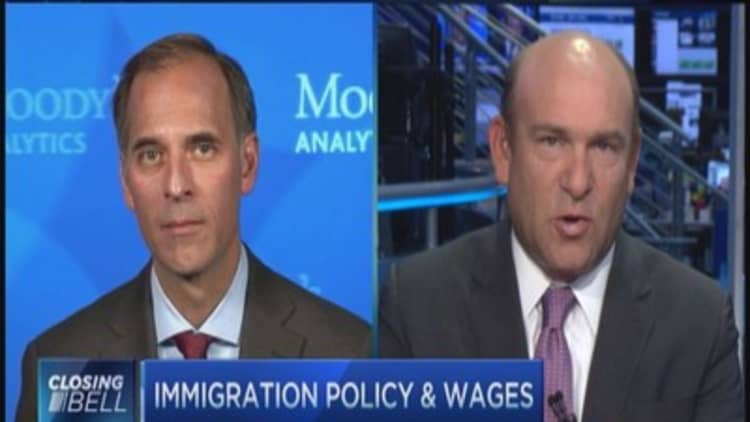
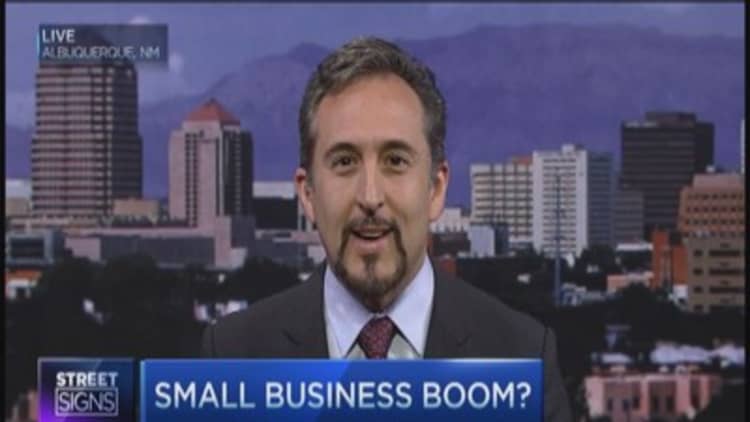
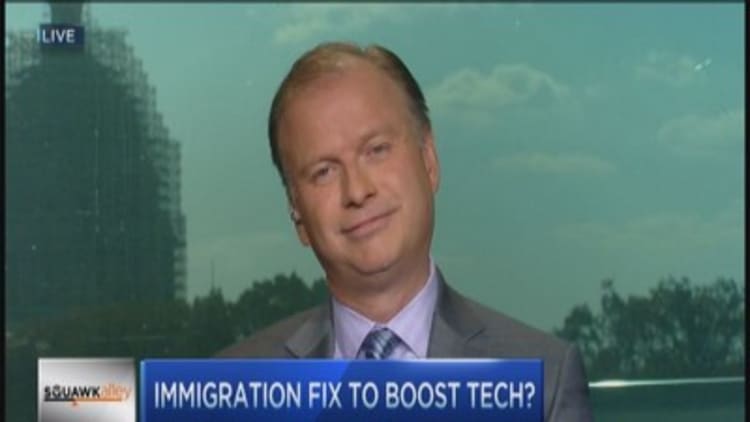
President Barack Obama's new immigration plan may end up doing the most damage to the very sectors that begged for reform.
The White House boasted Thursday the president's historic executive actions on immigration will help the U.S. economy, but some predicted it will actually harm Americans' wages. More surprisingly, however, is the possibility that a new legal status for undocumented workers may actually increase low-skill labor shortages across the country, said J. Edward Taylor, professor of agricultural and resource economics at the University of California, Davis.
"When agricultural workers become legalized their mobility increases, and their likelihood of leaving farm work goes up," he said.
Taylor's research demonstrates that the pool of low-skill agricultural workers is on a steady decline, with no sign the trend is ending soon. This is largely due not to flawed immigration policy, as many industries complain, but to economic and educational strides in Mexico. Increasingly few Mexicans, he explained, have reason to come to America to work low-skill jobs—and no amount of reform can help this in the long run.
But this reality is not stopping those industries most affected by the labor shortage from petitioning for greater immigration reform.
Read More Obama: 'Our immigration system is broken, and everybody knows it'
Russell Boening, a dairy farmer based south of San Antonio who has lobbied Washington for immigration reform for years as the state director of the Texas Farm Bureau, told CNBC he ultimately hopes the federal government will pass a law that makes it easier to hire guest workers.
In a statement following the president's Thursday announcement, California Farm Bureau Federation President Paul Wenger said his group needs a law that "allows farm employees to enter the U.S. legally, to move between employers as needed, to return to their home countries and then re-enter the U.S. legally when their work cycle resumes."
While such a law may help fill labor gaps in the short term, Taylor said this sort of reform would not fix the underlying problem.
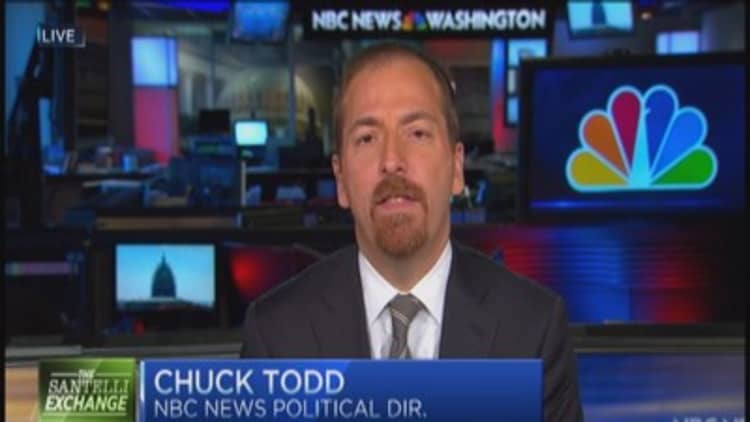
As for the wider U.S. economy, experts said it is unlikely that Obama's executive actions will have a significant impact on employment or wages.
Citing the U.S. Immigration Reform and Control Act of 1986 that offered amnesty to about 2.7 million undocumented immigrants, Evercore concluded that research is mixed on employment-level changes (since many were already participating in the workforce), but that "most economists agree ... that new waves of immigration hurt previous immigrants."
"The literature is generally in agreement that the primary beneficiaries of legalization would be the eligible immigrants themselves, with the main benefit being an increase in earnings as workers formerly in the shadow labor market move to better, higher-paying jobs and earn greater returns on their educations," the Evercore note said.
Read More Boehner: House 'will in fact act' on immigration
And while the real economy may not change much, investors should also not expect to see major moves in closely followed statistics, according to research from JPMorgan.
"We believe it will be hard to discern any large effects on the data," wrote Michael Feroli, the firm's chief U.S. economist, adding that "we think the labor market data are largely immune to changes in the legal status of workers."
Even the government's coffers—which would presumably benefit from more than 4 million expected new taxpayers—may not see a big bump from the president's actions. Many experts predict that about half of undocumented immigrants with jobs have false papers, so they are already paying taxes, said John Skrentny, director of the Center for Comparative Immigration Studies at the University of California, San Diego.


